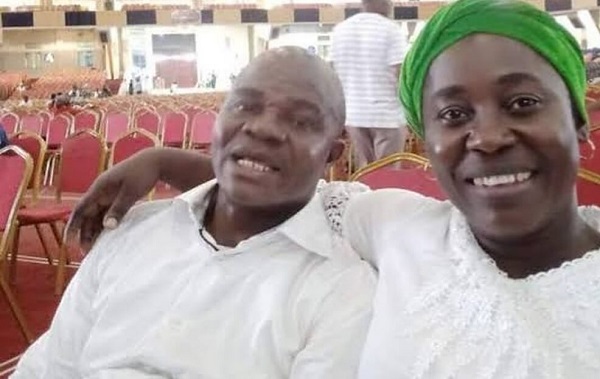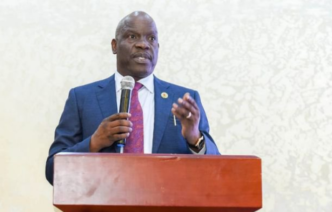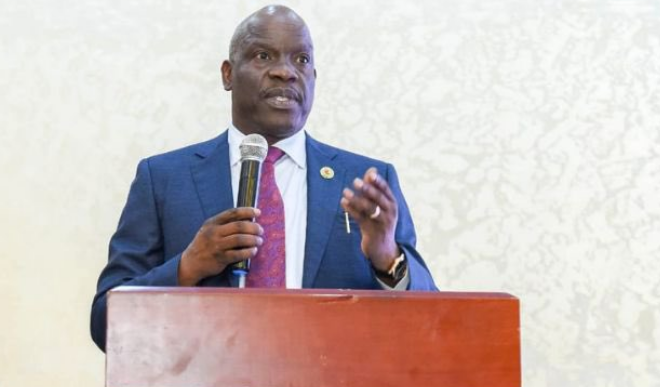BY CALEB IJIOMA
After the gospel singer Osinachi’s death trial that dragged on for over two years, judgment was eventually delivered. The federal capital territory (FCT) high court in Wuse Zone 2, Abuja, on Monday, sentenced Peter Nwachukwu, the husband of the late singer, to death by hanging.
Osinachi died on April 8, leading to the arrest of her husband, who was accused of culpable homicide. The case, mired in extended legal proceedings after he pleaded not guilty during his arraignment in June 2022, has eventually come to an end. Nwachukwu argued that his wife died of lung cancer, denying every claim of domestic violence.
The death penalty is the prescribed mandatory punishment for persons convicted and sentenced for capital offences such as murder, culpable homicide punishable with death, treason, and armed robbery. Section 367(1) of the Criminal Procedure Act provides that the death sentence shall be by hanging the offender by the neck till he be dead. In respect of armed robbery, the death sentence shall be by firing squad under Section 1(2)(a)(b) of the Robbery and Firearms (Special Provisions) Act 1984.
Advertisement
When an accused person has been convicted and sentenced to death, if the person fails to exercise his right to appeal, the death warrant passes through the governor of the state for approval. However, it has been observed that governors fail to approve these death sentences, condemning the accused instead to years in prison.
According to the Nigerian Correctional Service (NCoS), the last execution of death row inmates in Nigeria occurred in 2016 in Edo under Adams Oshiomhole, former governor of the state.
Qudus Alalafia, a lawyer, sees this as a problem, noting, “I believe that governors’ role in signing execution warrants has politicised the process.”
Advertisement
THIS CREATES A HUGE PROBLEM
There are over 3,688 inmates currently on death row across various correctional facilities in the country. Inmates on death row increased from 3,590 in September 2024 to 3,688 in March 2025, leading to prison congestion.
The NCoS explained that this increase is a result of state governors’ reluctance to either execute death row inmates or commute their sentences to life imprisonment.
Qudus noted that this can create a negative perception of the justice system in Nigeria.
Advertisement
“Victims and their families may feel that justice is delayed or denied, and it can also erode public confidence in the finality and effectiveness of judicial processes,” he said.
He suggested that once due process is followed and all appeals and clemency avenues are exhausted, enforcement should not depend solely on a governor’s political will, adding that there should be a more institutionalised, apolitical system to ensure the enforcement of judgments.
Another lawyer, David Isaac, said that the death sentence is imposed with the view to ensure social order and provide a deterrent for people who want to commit the same crime, but when not implemented, it has rendered the justice system slow.
“If at the end of the day, a person is tried for murder or culpable homicide, he is sentenced to death and not executed, and technically the judge has handled the case for a period of three to four years before conviction, it means the system has been taken ten times backwards because if the condemned convict will not be executed, why then bring him through the court system in the first instance?” he emphasised.
Advertisement
Isaac noted that if justice is not served, it will create a lawless society.
He encouraged governors to take bold steps, especially when the fate of an accused person has been determined, and called on the federal government to provide basic amenities, which will reduce the spate of crime in the society.
Advertisement
Views expressed by contributors are strictly personal and not of TheCable.









